By John Branch, Power Market Compliance Services Specialist
In 2011 Texas experienced an extreme cold weather event however, 2021 proved to be a forced to be reckoned with for Texas and Electric Reliability Council of Texas (ERCOT) this past February. Texas is usually known for their extreme heat and mild winter but with the country’s ever-changing climate, it was definitely unexpected that Texas would experience a deep freeze and see their coldest temperatures in more than 50 years.
On February 10, 2021 the state of Texas experienced extremely cold temperatures in their region. ERCOT is the states grid operator was not expecting the impacts on how these temps were going to affect grid reliability. Due to gas pipeline issues and generators including wind turbines (icing over) not being able to start, more than 40,000 MW of generation in Texas was offline. As a result, millions of customers were without power for days as “rotating outages” were not able to be shifted to other sections of the grid while transmission and distribution utilities wanted to keep power going for critical facilities such as hospitals.
With system collapse looming ERCOT had to make some difficult decisions, perform rotating blackouts. The demand of energy was far outweighing the supply in the region. So much so power pricing in ERCOT skyrocketed to $9,000 MWH. On one hand if you are a generator that was able to generate megawatts at that price point then you were well “in the money”. However, if you are a utility customer participating in a variable rate program, your monthly bill potentially increased by 1,000 percent.
During the cold weather event last month, ERCOT had 52,277 megawatts of maximum generation capacity forced out at any given time compared to 14,702 megawatts in 2011. Some other noticeable differences were duration of load shed request hours 70.5 hours in 2021 and 7.5 hours in 2011 and cumulative number of generators on outage through the event were 356 in2021 and 156 in 2011.
NERC Data Retention Hold Request and Outage Reporting Request
Due to the cold crisis in Texas, Texas RE as well as ReliabilityFirst (RF), Midwest Reliability Organization (MRO), and SERC Reliability Corporation (SERC) requested a Data Retention Hold for all registered entities under sections 807 and 808 of the NERC Rules of Procedure. Registered Entities are required upon request to produce data requested (operator logs, curtailments, fuel availability, and other items listed in the request) by Texas RE, RF, MRO and SERC. Texas RE, RF, SERC. FERC and NERC will review extreme cold conditions leading up to and through the time frame of February 8, 2011 through February 21, 2021.
Texas RE has been performing gap analysis on Wind GADS data over the past 2 years to ensure members have been submitting their data into the NERC Wind Gads Submission portal quarterly in a timely manner.
What Happens Next
Currently ERCOT and their board have been through a number of hearings explaining the root cause analysis behind the cold weather event. In addition to the hearings and the data requests mentioned above, this cold weather event will more than likely spell out new changes for ERCOT and their winterization requirements. Generators will have to put new procedures in place as it relates to cold weather to ensure that they are able to handle the next extreme cold wave that could potentially hit that region in the future.











